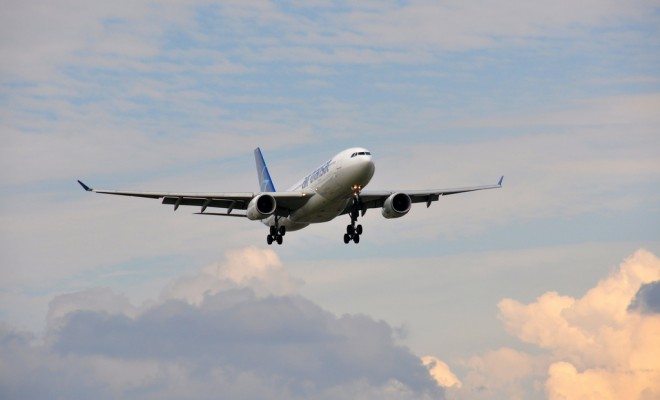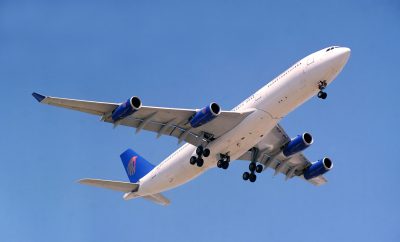
News
Malaysian Airplane Crash: Who’s Liable?
Two weeks in, everyone with a television knows about the disappearing Malaysia Airlines Flight 370. And even if you don’t, turn on just about any news station, and within two minutes you’ll get the gist of it. Recently the Prime Minister of Malaysia said the flight crashed in the Indian Ocean, and rumors about what actually happened are still floating around. But one thing that hasn’t been discussed as heavily as the conspiracy theories: Who is liable?
To be frank, things like this are logistical nightmares. Before compensating families of victims, a number of questions need to be answered: who is responsible for what happened? Does the fact that no remains have been recovered (yet) make a difference? Would foul play affect the amount of money families are eligible to receive? And, perhaps most basically, who will actually have to pay?
Luckily, we have some answers to these questions. Back in 1999, the Montreal Convention, which outlines rules and rights that passengers have in international air travel, was adopted. In response to who is liable, the article 17 of the treaty puts it quite simply- “the carrier is liable for damage sustained in case of death or bodily injury of a passenger”. The convention even goes on to describe how much money they must pay to compensate for death or injury of passengers. After some conversions, we find that amount is roughly equivalent to $150,000. (Yep, that is a cost of life now a days). Now, if the family members suing the airline aren’t claiming damages worth any more money than that, the airline can’t “exclude or limit its liability.” Basically, the airline is on the hook.
But this is the 21st century, and it would be surprising if families didn’t sue for much, much, more. This is where we hit a fork in the road. According to the Convention, if the crash was the airline’s fault, courts could rule in favor of passengers, giving their families more money. But if the airline wasn’t negligent, or if a 3rd party alone (like a terrorist group) caused the damages, Malaysia Air might be off the hook in paying damages.
So, what’s the most obvious problem with all of this? We don’t know what happened. We don’t know if it was a mechanical failure, if the pilot made a mistake, or if this was intentional. Until there is evidence of a crash, let alone who is at fault for it, determining who is liable for what will be difficult at best, and impossible at worst. Unfortunately, the Montreal Convention didn’t account for this potential lack of information.
But assuming we get the answers to at least some of these questions, there are still a number of things to address.
First, where will these lawsuits take place? In Malaysia, where the airline is based? Or, in the home countries of those presumed dead? The Montreal Convention accounts for this as well. The most likely place for these lawsuits to take place will be the home of the airline, the homes of the passengers on the flight, or the destination of the flight. In this case, that means Malaysia, China, and/or the United States could be involved, among others. Obviously, all three of those countries have vastly different court systems, and could rule incredibly differently. So there is a potential for families to be compensated with vast differences depending on where the lawsuit was first filed.
But wait, there’s still more. Not only is there a potential for families to sue the airline, they could sue the maker of the plane- Boeing, or the maker of the engine- Rolls Royce. And these lawsuits could be based just about anywhere.
There’s a lot up in the air about what happened to Flight 370, and a lot of questions still need to be answered before the victims’ families can be compensated. Because there is so much we don’t know, it’s hard to guesstimate how much the airline will be required to pay as a result of this tragedy. But the Montreal Convention, if nothing else, gives us a good baseline parameter.
[BBC] [Montreal Convention] [ABC]
—
Molly Hogan (@molly_hogan13)
Featured Image Courtesy of [Flickr/Abdallahh]








Comments